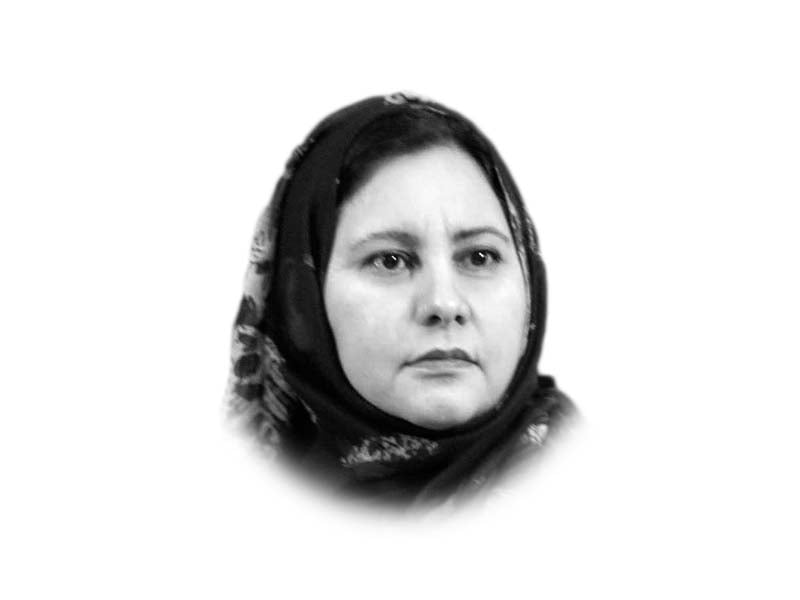
The Sub-Saharan Sahel Belt of Africa has witnessed 6 coups in the last 18 months. Starting from August 2020 President Keita’s 20-year rule over the country was brought to an end; in May 2021, when Idrees Debi’s 3 decades of authoritarian rule ended with his assassination, his son Mahamat Déby was quickly sworn in as the president of Chad disregarding the constitutional requirements of the country; in May 2021 Mali witnessed a second coup; in September Guinean president Alpha Condé was ousted in another coup; October saw the house-arrest of Sudan’s PM Hamdock; and in January 2022 President Kaboré of Burkina Faso was ousted.
While internal dissatisfaction of the people over the incompetency of their rulers, who have been unable to provide security and livelihoods to the people, is a major reason for public support of such coups, external factors behind them cannot be disregarded either. France holds sway over its 14 former colonies that are still in the CFA-Franc zone, having to keep 50% of their foreign exchange reserves in French treasury, and having to pay 20% more of their foreign exchange to France as financial liabilities — because France has to go through the toils of keeping their economies confined to its own interests. The US command called Africom is also another player in the region that has multiplied its activities in Africa lately. Since 2007 Africom has been able to establish 29 military facilities in 15 states throughout Africa, not only providing military alliances and weapons to these states, but also integrating their militaries into its own training programmes.
In fact, Colonel Assimi Goïta, the man behind Mali’s two coups, and Special forces commander Mamady Doumbouya, the man behind Guinea’s coup, were both in the same US Army training course in 2018. Colonel Sandaogo Damiba, the man behind the coup in Burkina Faso, has been part of several US military programmes. Conversely in Chad, Deby was a longtime ally of France, and at his tragic death France hastened to have his son, General Mahamat Deby — trained with the French Army — succeed him without any electoral process. Macron went to the extent of attending his inauguration and felt no shame in announcing complete backing of a military takeover of the country, not to mention the return of kingship to the House of Deby — so much for love of democracy!
Macron announced, “France will never let anyone question and will never let anyone threaten — not today, not tomorrow — Chad’s stability and integrity…”. And especially no one is allowed to question Chad’s stability based on the fact that Chad has provided France its largest military base in Africa at Fort Lamy as part of its independence process in 1960. Today, Chad hosts a 5,100-strong French deployment under Operation Barkhane, wherefrom French forces can attack so-called jihadist in any of the CFA states, with complete impunity.
It is a fact that the global ‘War on Terror’ initiated by the West has made ‘police assemblage’ a new version of ‘war’ — as described in the book War, Police, and Assemblages of Intervention — making police assemblage a factor that has eroded the distinction between military and police in the politics of modern war, especially in Africa. The militaries of Africom-allied states constantly receive training and finance from the US and EU, and even allow the US to operate on their soils. This orientation has allowed these militaries to enhance their own security infrastructures with increased number of armoured vehicles, attack helicopters, drones, etc; and their continual presence in counterterrorism operations inside their countries and even in other African countries has made them constantly war-ready. For this reason, these states have become more inclined to finding military solutions to political problems. Because these militaries work side by side with Africom, it has become a norm for officers to receive direct orders from US officers, and many times even receive direct payments — creating an air of being detached from their own state-apparatus and in a position of control.
Going a step further, these militaries are seen to turn inwards with the same training and weapons, with coups against their own states. It seems like Africom has made a military framework within the African continent, of a command and control shared between US-trained African army personnel and Africom itself. So that military leaders, more associated with an external global network and less with their own people, are ever ready to topple political systems of their states at the behest of more powerful remote patrons.
While Asia and the Middle East have, after much suffering, got rid of ISIS and al-Qaeda affiliated armed groups, Africa seems to be increasingly infested, giving legitimacy to US-style war against Terror. And in this constant battle between the good and the evil, France and the US find the cover to safeguard their own interest and make and unmake regimes of their liking and disliking.
It is true that the military takeover has so far received widespread support from people across Burkina Faso. But this is not the first ever military takeover in the country, but the 7th, yet Burkina Faso remains one of the world’s poorest countries. It is true that the people and their political leaders are responsible for their social and economic conditions, but it is also true that invisible foreign hands behind such coup can and have practically abducted the ‘will’ and ‘freedom of choice’ from the people.
A state where literacy rates are low and where people are slaved in their battles of survival, people are not as much politically aware what might be going on behind the political backdrop and where their fate and futures are being traded between the influential — from inside and outside!
Published in The Express Tribune, March 11th, 2022.
Like Opinion & Editorial on Facebook, follow @ETOpEd on Twitter to receive all updates on all our daily pieces.













COMMENTS
Comments are moderated and generally will be posted if they are on-topic and not abusive.
For more information, please see our Comments FAQ